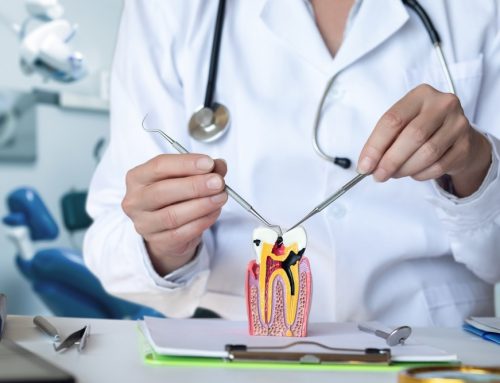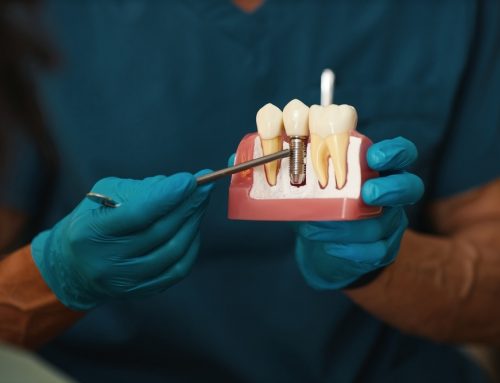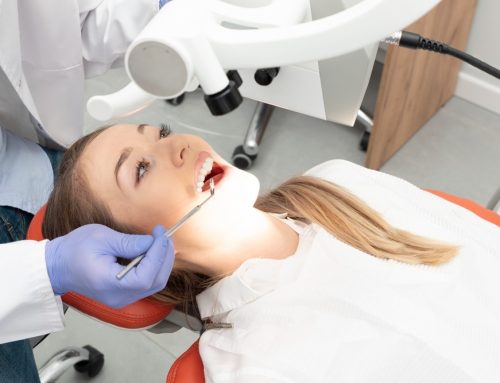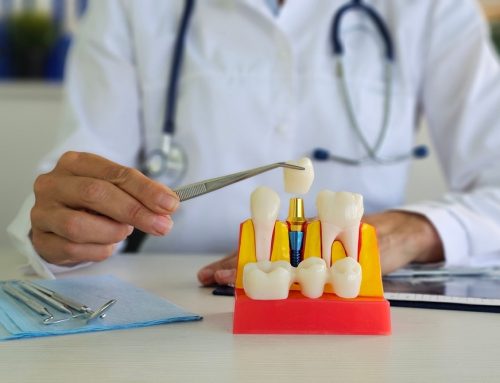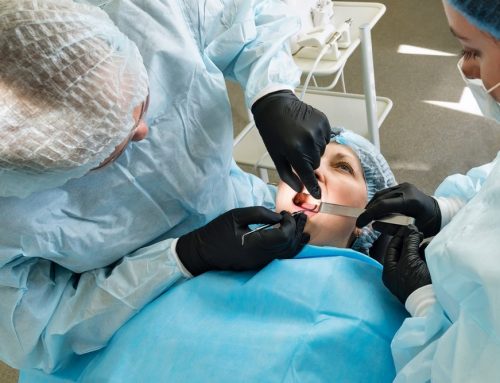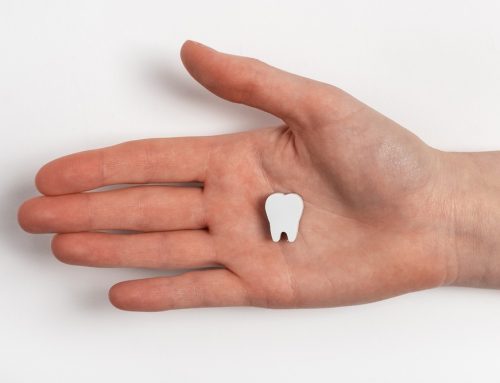Nothing is worse than going to the dentist and learning that there is something wrong with your teeth. Is it tooth decay or a cavity that you need to be worried about? It is sometimes believed that the two are the same thing, but tooth decay is actually the cause of cavities. While both can be treated once they’ve happened, the best way to avoid having to get any dental work done is through prevention. Understanding the differences between tooth decay and cavities is the start of preventing either from happening to you.
What is Tooth Decay?
Tooth decay starts when plaque builds up on your teeth. This plaque has bacteria that produces acid that destroys your teeth’s surface and leads to decay. Eventually, a hole in your enamel will form, creating a cavity. Fortunately, tooth decay is preventable if you practice good oral hygiene and reversible if caught early. The following methods will help treat tooth decay:
- Fluoride gel helps boost remineralization so that your teeth can repair themselves.
- Antiseptic gel can reduce the bacteria in your mouth that leads to cavities and slow down demineralization.
- Liquid composite sealants create a barrier between your teeth and the bacteria.
Without preventing the tooth from completely decaying, a cavity will form, and you will have to seek out a dental professional to restore the tooth.
What Makes a Cavity Irreversible?
Once tooth decay progresses to a cavity, it becomes irreversible because the tooth cannot repair itself alone. A dentist is then needed to clean out the affected area and fill the hole before the tooth needs to be extracted. A dentist can treat the tooth by adding a filling, crown, or root canal, but taking better care of your teeth and gums prevents a cavity from forming at all. You can start by using these preventative oral hygiene methods:
- Brush your teeth gently and with a soft bristle toothbrush.
- Brush at least twice a day, floss at least once a day, and rinse after every time you brush or floss.
- Visit your dentist every 4-6 months, not only when you start to feel pain in your mouth. Going to the dentist provides the opportunity to check that your teeth are being cleaned properly and catch any dental problems so they can be treated early.
Taking preventative measures ensures that your teeth remain protected from tooth decay and cavities. If you are looking for a dentist to help you with a cavity, contact Dental Arts and schedule an appointment today! Give us a call at (619) 444-1001, or schedule an appointment through our website.



